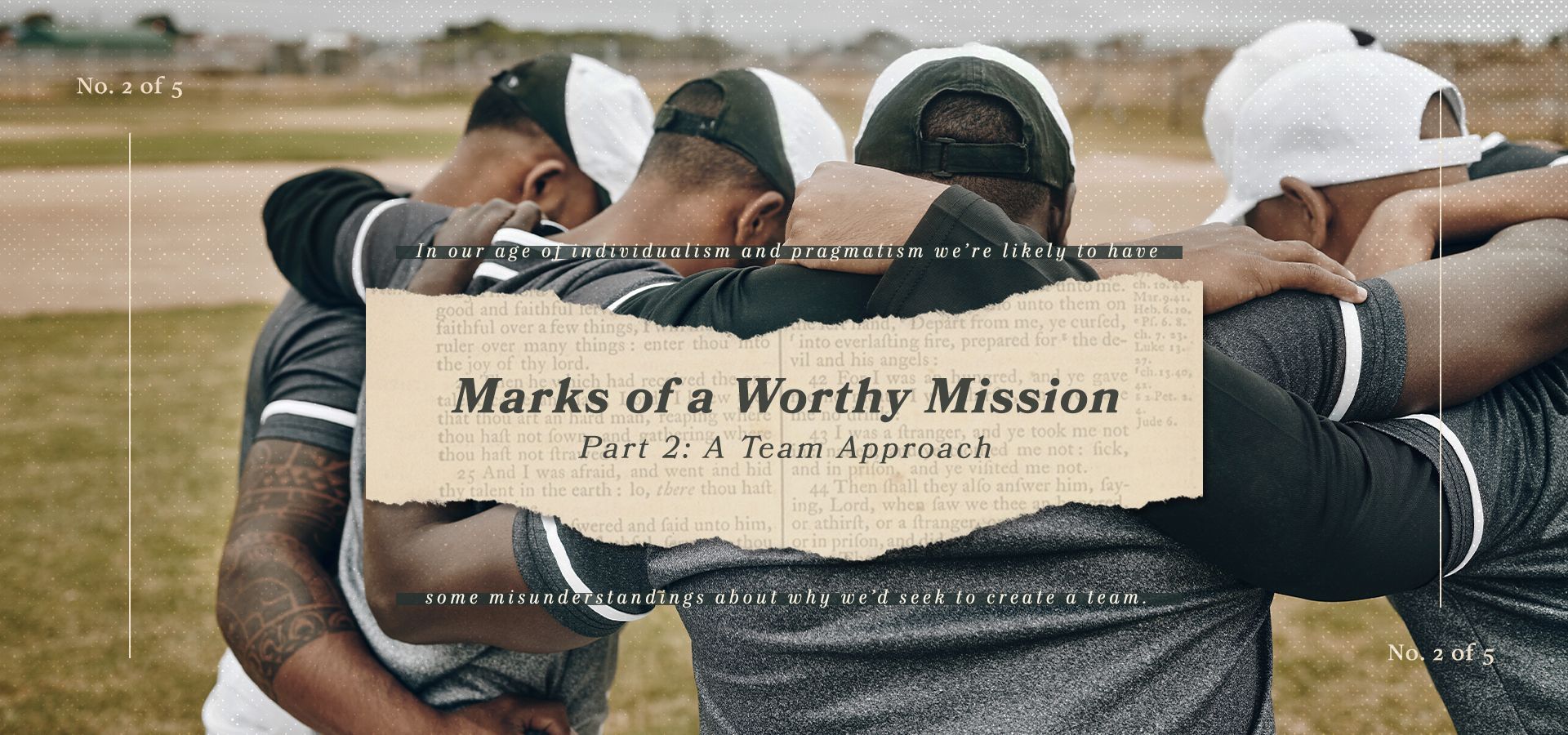By David Parks
•
July 18, 2023
In part 3, I worked hard to convey our central mission of building relationships. That focus must be understood and maintained before moving on to our present point, an intentional plan. It’s important because we can often believe that relationships are strictly organic. They’re easily seen as essential, but are too often assumed or overlooked. We like to think that the most natural relationships are the most genuine; the ones that we feel don’t require work. Perhaps even more common, it’s believed that structure will either deprive a relationship of its sincerity or suffocate it with monotony. But in truth, healthy relationships require intentionality. As warned by the well-worn axiom, “Failing to plan is planning to fail”. So, how do we value both the stability of structure and the spark of spontaneity? In God’s revelation of Himself, through both creation and Scripture, we see incalculable structure that is also dynamic and spontaneous! Structure can be suffocating, but it doesn’t have to be. Spontaneity can be risky, but it doesn’t have to be. The deeper truth is that the two actually need each other. For example, the beauty of a basketball star is her ability to be creative, dynamic and spontaneous within the structure of the game. And while the freestyle skateboarder might take pride in his sport’s wide parameters, he still requires structured rails, ramps and judges. This guides us, then, into appreciating our dynamic and spontaneous relationships that require structured acknowledgement and investment. Our world is moving faster than it ever has before and I’m not only referring to its technological progress or global connectivity. Our days are fleeting. Months seem to dissipate like steam. Years are succinctly filed away. Because of this, we’re faced with the reality that if we desire to create experiences and spend time with others, we need to plan to do so. When it comes to investing valuable time with those that matter to us, spontaneity is often a luxury. Increasingly, it requires a focused effort. Finally, how are to we to handle our plans? Loosely. Proverbs 19:21 teaches us, Many plans are in a man’s heart, but the Lord’s decree will prevail (HCSB). Yes, we should make plans, but then subject them to the Lord. Yes, we should aim for connections, but seek the Lord’s alignment. He forever holds the authoritative audible. He’s the Great Choreographer. Our plans need to allow and sometimes expect His divine disruption. Still, we must plan. And we must plan with intentionality.















